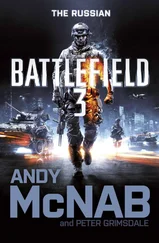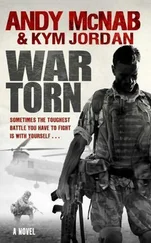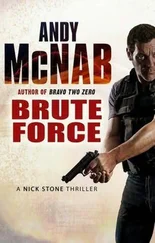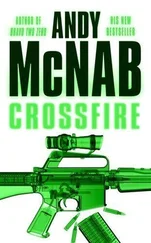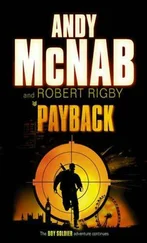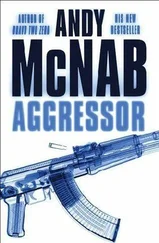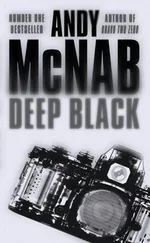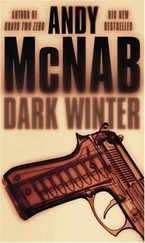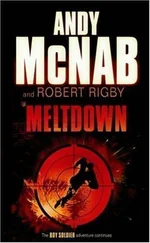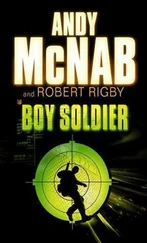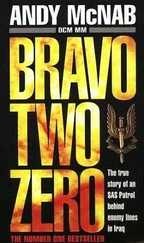I stared out of the window. The Imam Khomeini International Airport had been built to commemorate the mastermind of 1979’s Islamic Revolution. The blurb in the seat pocket in front of me said it had opened officially in May 2004 and was designed to take over from Mehrabad as Tehran’s main airport for foreign air travel. Mehrabad, in the meantime, had been designated as Tehran’s principal domestic airport. Gripping stuff. Kettle would have been on the edge of his seat.
From my brief sweep of our surroundings as the plane trundled along the taxiway it was clear that IKIA was only half finished, whatever it said on the tin. Much of it was still a building site. Diggers tore along the perimeter fence, sending up clouds of dust behind them. Men with hod-loads of bricks over their shoulders stared at the plane as it bumped past them. The skeletons of half-completed buildings rose from the dirt on either side of the runway.
Beyond the fence, I could see nothing but scrub and rubble. Nobody was ever going to contest the building of another runway here; it might only have been twenty miles south of Tehran, but in reality it was in the middle of nowhere.
In the distance, half hidden by shit kicked up by the construction work, were rows of military transport aircraft – a hallmark of the developing-world welcome. There, among them, parked in front of a modern, single-storey building, was a gleaming white Dassault Falcon 7X.
As soon as the aircraft rocked to a stop, everybody sprang to their feet to follow the example of my farting friend, who was already elbowing his way down the aisle and powering up his mobile. I waited until the plane was three-quarters empty before I got out of my seat and pulled down my day-sack.
As soon as I stepped off the jetway into the terminal I could see big brother was watching me. There were CCTV cameras everywhere. I tucked behind a group of passengers from my flight and scanned the faces coming the other way. All I got back was a shed-load of gawping from suspicious-looking Iranians. I hadn’t seen a Westerner since we’d stopped off at Dubai.
The inside of the terminal was as modern as anything I’d ever been in. My Timberlands squeaked on the polished marble as I followed the signs in Farsi and English to Immigration.
The military presence was low-key until I got to Passport Control. Iranians and Arabs were directed one way; I was sent the other. I followed a roped-off walkway until eventually I ended up facing a stern-looking woman in her twenties seated in a glass booth. It was flanked by two AKs, each with a green-uniformed squaddie firmly attached. I glanced over my shoulder. The welcome was exclusively for me. I knew the best way to deal with situations like this was to look intimidated. People in booths like to wield power over others. It makes them feel good.
The woman adjusted the arms of her thick black specs beneath her thick black head covering and beckoned me towards her. ‘Passport.’
I handed it over. Now I was closer I could see her face was more Cindy Crawford than Ugly Betty. She had smooth skin, a small, slightly upturned nose, and gleaming white, perfectly uniform teeth. She looked so perfect she could have been chiselled. And, coming from Tehran, she might very well have been. More plastic-surgery and sex-change operations were performed here than in LA or Bangkok – another useless nugget I’d picked up among the stuff I’d learnt last night from Julian’s int pack.
She looked up from my passport. No smile, just disdain. ‘Your business, Mr Manley?’
First trick question. She was already holding my passport: the London media visa stated exactly what I was here for.
‘I’m here for IranEx – the aerospace and defence exhibition. I’m a journalist.’
She seemed to take it in her stride. She slid the passport under a scanner and stared into space while her computer crunched away at the data.
The two AK-holders glared at me as if I was George W himself. But that was OK: they got as much bullshit fed to them about us as we did about them. I just carried on playing dumb, not getting too smart, and looking a little bit scared.
Bang, bang.
I glanced down. She was stamping my passport.
‘Enjoy your stay in the Islamic Republic. Now I need your fingerprints.’ She pointed to a small box covered with a green rag. They used the same system in the US: place a finger on the glass tray and she’d take a picture. The only difference here was the absence of wipes, just the same bit of rag for everyone.
Like Iran’s defence industry, my little light reading in Tufnell Park last night had told me, its internal security apparatus shouldn’t be underestimated. Not much was known about Tehran’s counter-intelligence set-up, but what was, wasn’t good. No single organization appeared to have complete control. That was good to hear: it meant there were gaps in the system. The problem was, I didn’t know where the gaps were.
There were three groups I had to worry about. The first was MoIS, the Ministry of Intelligence and Security, or Vevak, as it was known in Farsi. It had around fifteen thousand full-time members all doing their meanest for the Republic. It had lost some of its powers in the 1990s following a scandal in which a truckload of Iranian dissidents, mainly Sunni Kurds, had ended up very dead – a fact that made even the lapdog Iranian press sit up and complain. Perhaps it had occurred to them that they might be next in the queue. To show it was still on the side of the people, the Iranian government drummed up some charges against what it called ‘rogue elements’ in Vevak and, after some ritual bloodletting, everybody went away happy. Except the rogue elements. They’d ended up facing Mecca, but six feet under.
In the meantime, the power of the second mob, the Iranian Revolutionary Guards Corps Intelligence Branch, had increased. Much smaller than Vevak, the IRGC Intelligence Branch were fearsome in their loyalty to the state – they were the Iranian equivalent of the Gestapo, in effect, and swore death to the enemies of the Islamic Revolution. I decided to try to give them a wide berth.
Then there was the Basij Resistance Force, a volunteer army of around a million people, mostly old men, who had volunteered after completing their military service, or others too young to join the army. A bit like the Hitler Youth, I supposed.
The Basij had a history of martyr-style suicide attacks dating back to the Iran-Iraq war, which had claimed a million lives on both sides during the 1980s. These lads were the ultimate guided weapon. They’d run across enemy minefields to clear them, or load up with explosives and detonate themselves on top of an Iraqi tank or trench.
Like the Stasi in East Germany, the Basij were also the ‘eyes and ears’ of the revolution. Put a foot wrong or badmouth the government and, chances were, someone, somewhere would tell the Basij. The next thing you knew, the lynch mob would be at your door.
The police force comprised around forty thousand regulars under the control of the Ministry of the Interior, but compared to Vevak, the IRGC and the Basij, these guys were pushovers. And even though the mullahs appeared to view women with complete contempt, it didn’t stop them recruiting tens of thousands into the ranks of the secret police.
I wondered where Ms Perfect fitted into this picture. Perhaps the Tourist Board corps.
My bag was the only one left on the carousel by the time I reached the baggage hall. It didn’t look as if it had been tampered with, but of course it had. Otherwise they would have let me take it on board as hand luggage, as I’d planned to.
I walked out into the arrivals hall and spotted a tall guy in his early thirties, in a very shiny black leather jacket, holding up a placard. He had a neatly groomed goatee and was so thin his Adam’s apple looked as though it was fighting to get out of his neck. A pair of round, wire-framed glasses perched on the end of his incongruously bulbous nose. The scrawl on the placard read: ‘Jame Munley – travel from Dubai’.
Читать дальше

